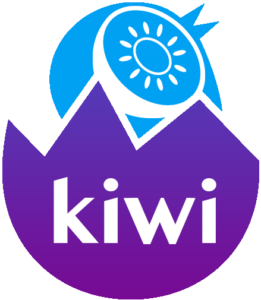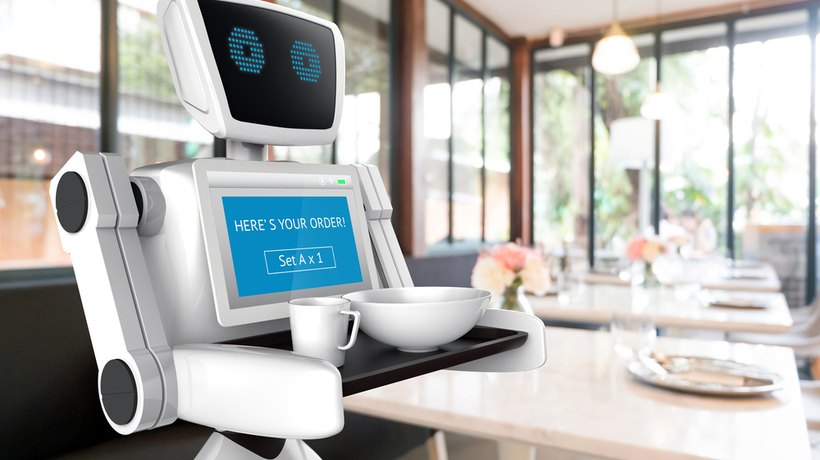Restaurant Employee Training: 5 eLearning Trends To Watch In 2018
While a few of these trends might seem familiar, much of the eLearning future is built on old outliers becoming mainstream successes. Here are the 5 trends to expect in restaurant employee training:
1. A Renewed Focus On Mentoring
If your business struggles to retain new employees, it might be due to lack of mentorship or coaching. A lot of restaurants focus on the initial training of an employee but fail to think the long-term benefits a mentoring or coaching could provide. Many believe that in 2018 Learning Management Systems will begin to implement a more personal approach to training, with a renewed focus on mentorship for restaurant employee training.
Mentorship not only strengthens the learning process, but it also enables employees to build strong relationships leading to greater innovation. Enabling employees to exchange ideas and respond to peers at the organizational level is great form of mentoring.
2. Microlearning
For years, managers have forced employees to learn the entire restaurant safety procedures and many other functions hoping they'll be able to memorize it all. Times are changing, and many eLearning professionals are finding that employees retain more information through a process known as "microlearning".
Instead of having workers struggle to learn everything all at once, they can learn snippets of information in much more manageable pieces. Many Learning Management Systems and eLearning providers are expected to create online authoring tools where employers can easily create short-n-sweet training modules that are aligned with a learning path. Imagine your cook having access to a repository of short videos that are indexed for specific learning paths and searchable from any device.
3. Building For Future Skills
Many in the business world are expected to put more emphasis on employee work-life skills, allowing them to become rising stars over the years. After all, people are driven by motivations and providing an environment where employees can invent new products and become great leaders, increases employee motivation thus resulting in greater success for your restaurant.
Keeping up with the technology trend for restaurant employee training is just as important. As we see Artificial Intelligence and Machine Learning concurring the retail market, many quick-service restaurants have started using self-serve kiosks for ordering. Therefore, training employees on the current technology stack your restaurant is becoming a must.
4. Gamification
Gamification has been on the rise in a variety of industries over the last few years, and experts predict to see continuous growth in 2018. Gamification is the use of games inside a Learning Management System to make training more fun and engaging. Study shows many restaurants across the world are seeing success in the use of games similar to Diner Dash to help employees build their multitasking abilities.
Gamification was at first overlooked as a trendy term with no real-world applications, but with the success that restaurants and corporate offices are experiencing with gamification, it's clear that it is here to stay. For example, gamifying your sales and operations could be as simple as making new hires collect a piece of information from current employees so that they get to know each other.
5. Adaptive Learning
Instead of looking at your workforce as one homogeneous group, through adaptive learning approaches, you could provide personalized training adapted to each individual's needs. Whatever their role in the restaurant is, each employee will have their own success path and will need different teaching methods to help them reach their full potential. Adaptive systems can support changes in the role of managers, enable innovative training practices, and incorporate a variety of content formats to support students according to their learning needs.
Luckily, many advanced Learning Management Systems make it easy for trainers and managers to specify learning methods, so employee training is more seamless and personalized. Even so, 2018 is expected to see a rise in adaptive learning methods. An adaptive method can be applied in assessing your employees. Adaptive assessments change and respond based on whether employees answer questions correctly or incorrectly. This change is often a result of the difficulty level of the question.
Final Thoughts
What changes are you expecting to see in 2018? How will they affect your restaurant training procedures? With a robust LMS, these changes should not affect your existing system significantly and will instead improve it to help improve employee onboarding.








